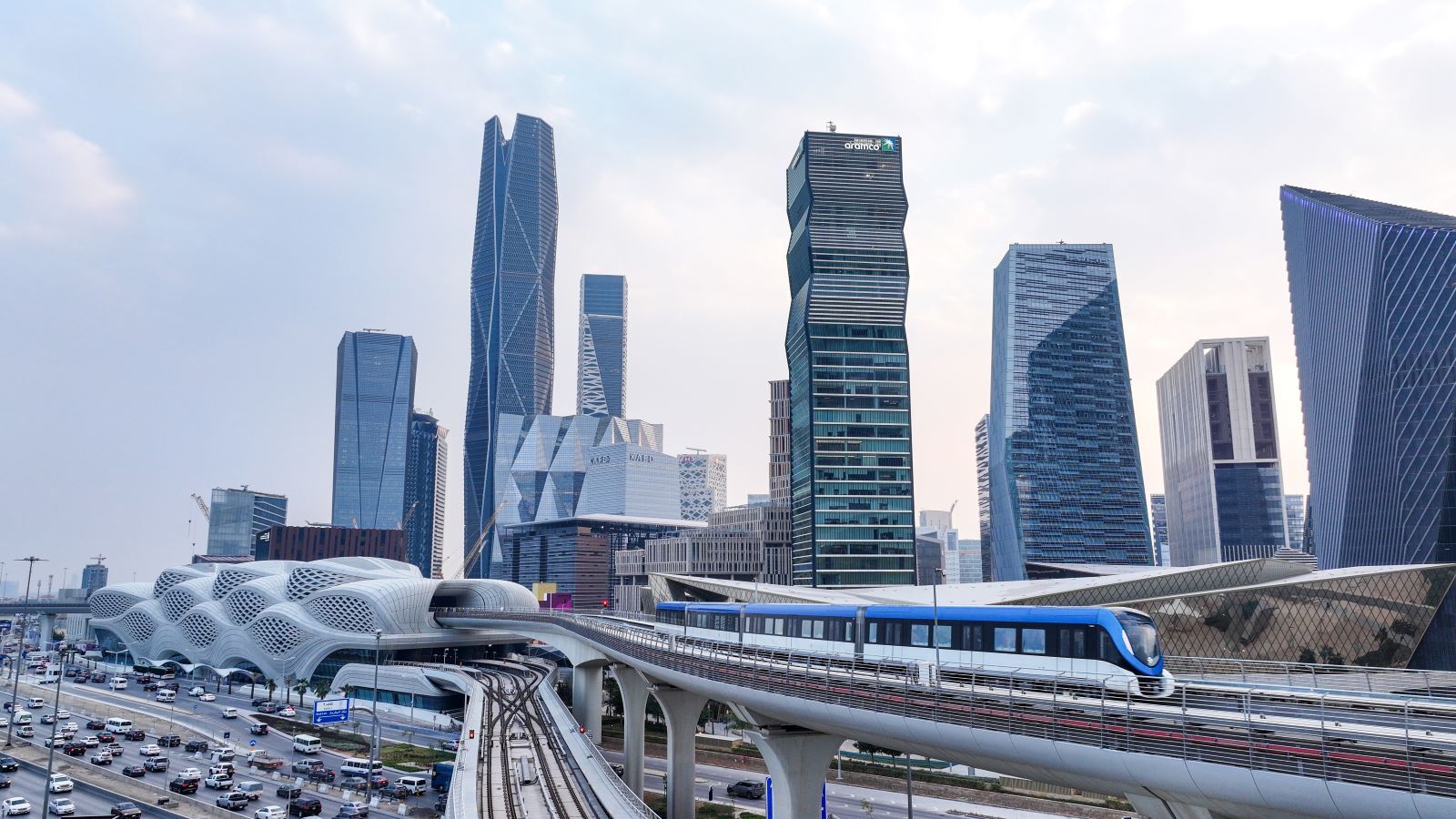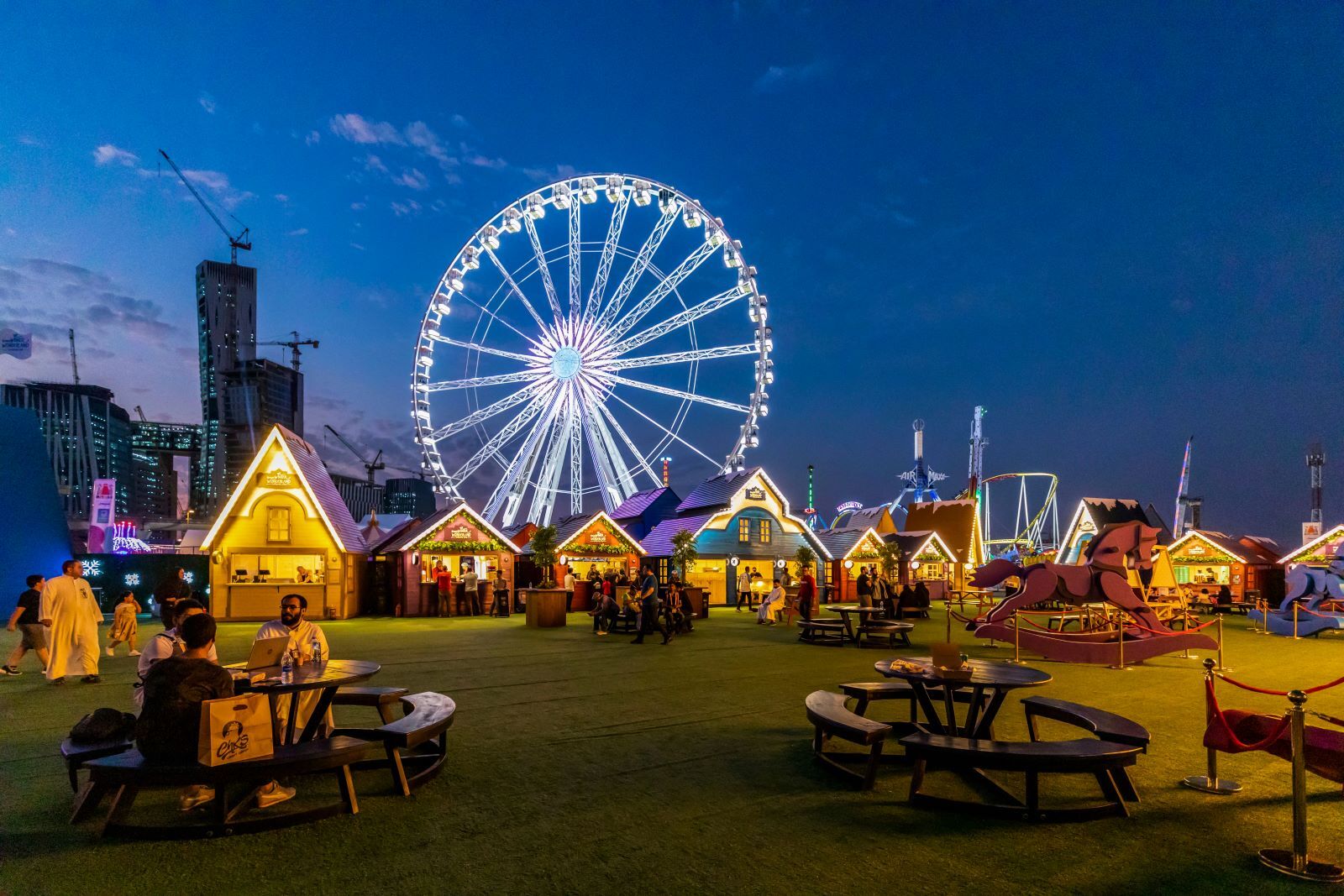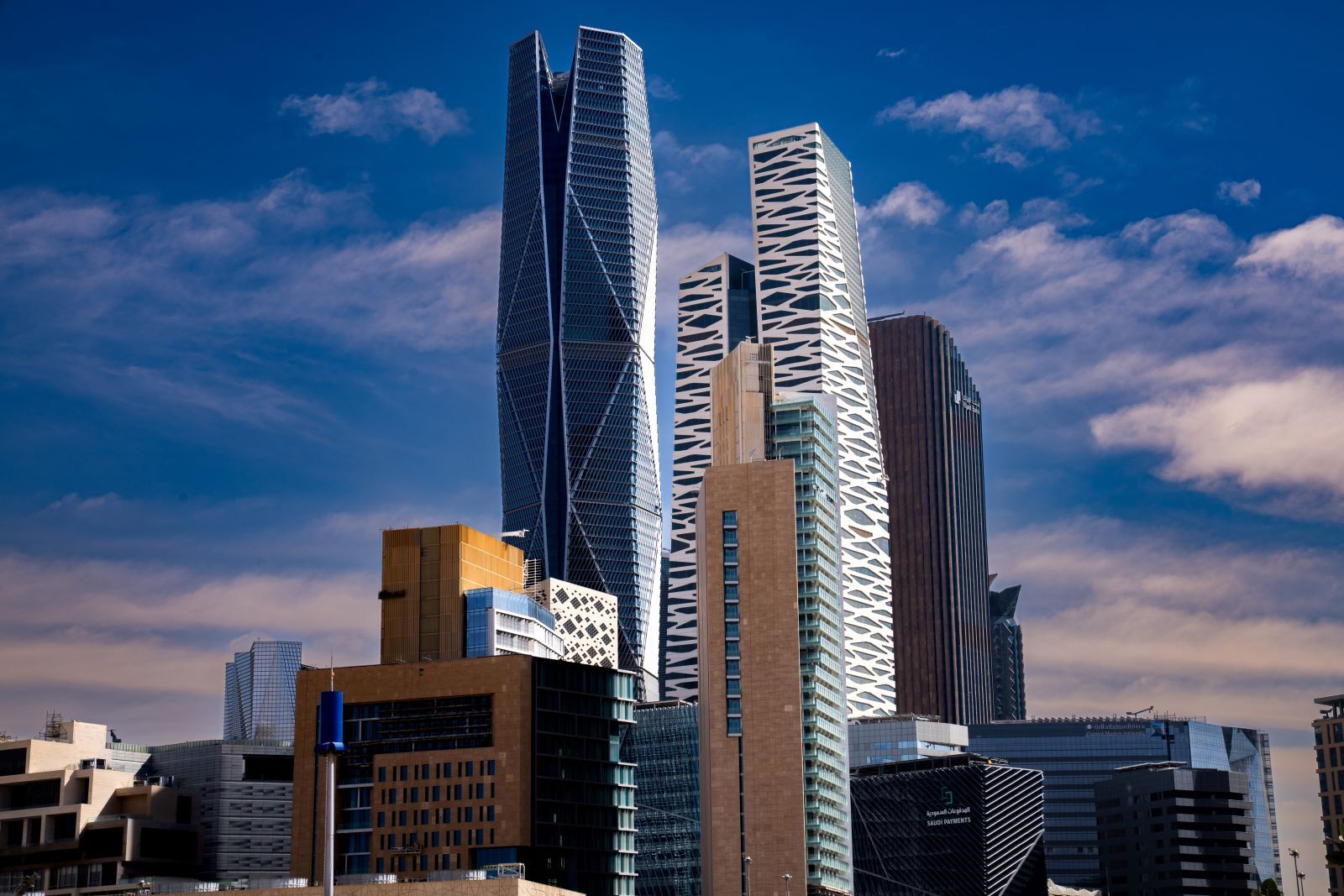From Nabateans to Now: How Desert Rock Resort Honours the Arabian Landscape
In the rugged Hejaz mountains of west Saudi Arabia lies a powerful yet subtle gesture of postmodern architecture: Desert Rock. Designed by Oppenheimer Architecture in partnership with Red Sea Global (RSG), this incredible, cave-like resort was chiselled into being with profound respect for its dramatic surroundings. The five-star eco-resort opened its doors in December 2024, marking the start of a new era in sustainable tourism in the Kingdom of Saudi Arabia.
Rooms, suites, and villas are built into the natural rocks of the mountain, creating a spectacular variation of accommodation options. The most prestigious is the Royal Villa – a three-bedroom secluded space hidden in an earthen valley. For a truly unique experience with extraordinary views, the Cliff Hanging Villas are tucked away high up in the massifs with private suspended pools (indeed, these villas would not look out of place on the movie set of Dune.)
Desert Rock is a beautiful embodiment of Oppenheimer Architecture’s design philosophy, which works with the language of the Earth to craft spaces that truly belong to the land. The firm writes, “Guided by three philosophical pillars—spirit of place, silent monumentality, and the essential—we have spent decades creating landmark architecture that is highly sensitive and responsive to its context and climate.”
The resort is also a clever and authentic nod to the ancient Nabatean cultures historic to the Arabian Peninsula. The Nabateans were a civilisation renowned for their prescient grasp of intelligent water management and sustainable living, long before the challenges of a rapidly warming climate demanded such innovation. Evidence of their ingenuity can be seen in landmarks like Madain Saleh (Al-Hijr), Petra, and Wadi Rum, where intricate systems of cisterns, dams, and aqueducts ensured a reliable water supply in the arid desert environment.
In much the same way, Desert Rock is built on a similar principle of natural efficiency, where sustainability is much more than a buzzword. The structure itself is integrated into the landscape without disturbing the region’s natural habitats, and it runs on 100% renewable energy, including solar. It also has intelligent water collection and waste management systems, with recycling and composting facilities in place to minimise landfill contributions.
As part of Red Sea Global’s regenerative tourism initiative, Desert Rock ensures the impact of visitors is not only neutral but positive for the environment and local communities. This is achieved in a number of ways: visitor numbers are limited, materials are recycled and locally sourced, and the lighting complies with dark sky principles to preserve the pristine desert night and protect bird migration patterns.
Desert Rock is owned and operated by Red Sea Global. John Pagano, group CEO of Red Sea Global, said, “We are ready to welcome guests to Desert Rock, our third self-operated hotel in the Red Sea Global hospitality portfolio. This is more than just a hotel — it is a unique property, crafted into the rock face, offering a truly immersive experience where luxury and nature come together to create a truly unforgettable escape.”
The mountain resort is located within The Red Sea and is just 20 minutes from Red Sea International Airport. It stands as one of the finest examples of Saudi architecture, where rich heritage is integrated into a bold and sustainable vision for the future.



